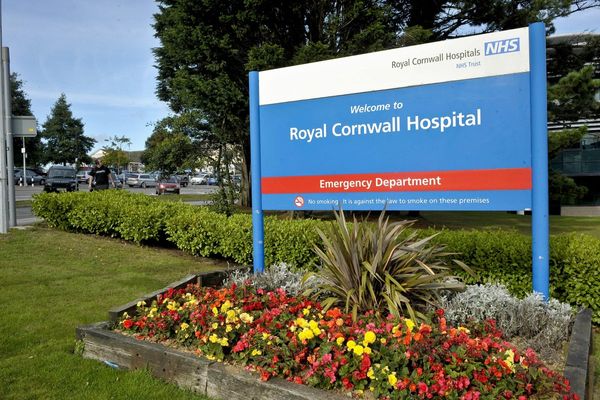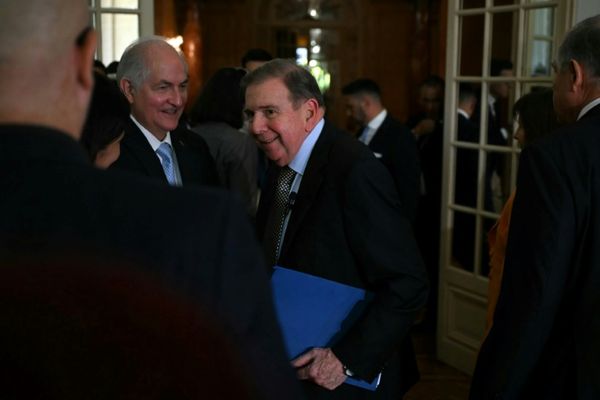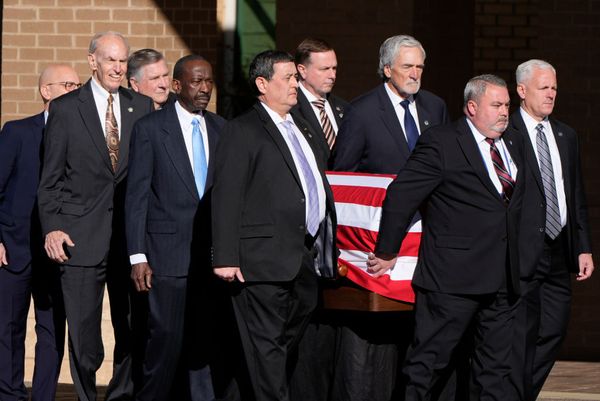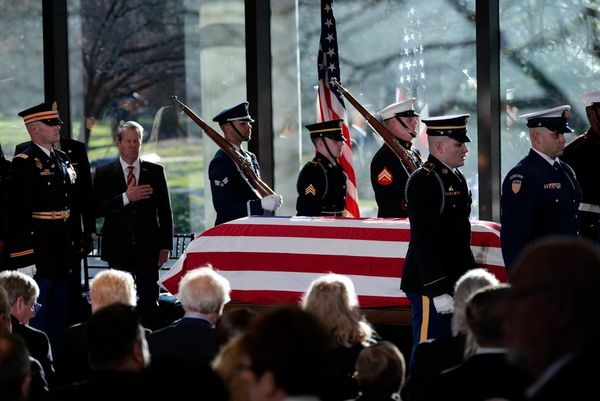
Fighting has broken out between Ethiopian government forces and Tigrayan rebels, ending a five-month truce and hindering mediation efforts.
Millions of people are caught up in the conflict, desperately needing food in what is currently one of the largest humanitarian disasters on the planet.
Prime Minister Abiy Ahmed’s government and the forces from Ethiopia's rebellious northern region of Tigray (TPLF) have accused each other of undermining efforts to resolve the war that started in November 2020.
Each has blamed the other for the outbreak of fighting Wednesday.
The Tigray military command said Ethiopian forces, along with fighters from the neighboring Amhara region, "started a large-scale attack around 5am [on Wednesday] in the direction of Alamata, southern Tigray”.
Ethiopia's government said Tigray forces attacked first and warned that if attacks continue, “the government will take measures to save the country ... and bring [Tigray forces] to the negotiating table whether it likes it or not".
But the government accused the TPLF of striking first and violating the ceasefire.
Redwan Hussein, national security adviser to the Prime Minister, said the Ethiopian army had shot down a plane carrying weapons to Tigray which entered Ethiopian airspace from neighbouring Sudan. He did not share the location where the plane was shot down.
TPLF spokesman Getachew Reda in a tweet said the statement was "a blatant lie".
The rival claims could not be independently verified as access to northern Ethiopia is restricted and telephone connections inside Tigray have been down for more than a year.
Setback for peace talks
United Nations chief Antonio Guterres said he was "deeply shocked" by the renewed fighting and appealed for an "immediate cessation of hostilities and for the resumption of peace talks".
The head of the African Union Commission, Moussa Faki Mahamat, called for a "de-escalation" and the resumption of "talks to seek a peaceful solution".
The United States urged both sides "to redouble efforts to advance talks to achieve a durable ceasefire", a US State Department spokesman said.
A truce negotiated in March had stopped fighting and allowed a resumption of some international aid to Tigray after a three-month break.
Both sides in recent weeks had evoked possible peace talks but the two sides disagree on who should lead negotiations, and the TPLF also insists basic services must be restored to Tigray's six million people before dialogue can begin.
Humanitarian disaster
Tigray is largely cut off from the rest of Ethiopia, without services such as electricity, communications and banking, and millions of people in Tigray and Afar and Amhara need humanitarian assistance, as well as thousands of Tigrayans living in refugee camps in Sudan.
Almost 90 per cent of people in the region need aid, the United Nations said, and the World Food Programme said last week that nearly half the population in Tigray is suffering from a severe lack of food and rates of malnutrition had "skyrocketed".
The situation will worsen until October's harvest.
Earlier this month, the director-general of the World Health Organisation, Tedros Adhanom Ghebreyesus, an ethnic Tigrayan, described the crisis as “the worst disaster on Earth” and wondered aloud if the reason global leaders have not responded was due to “the color of the skin of the people in Tigray”.
(with wires)







